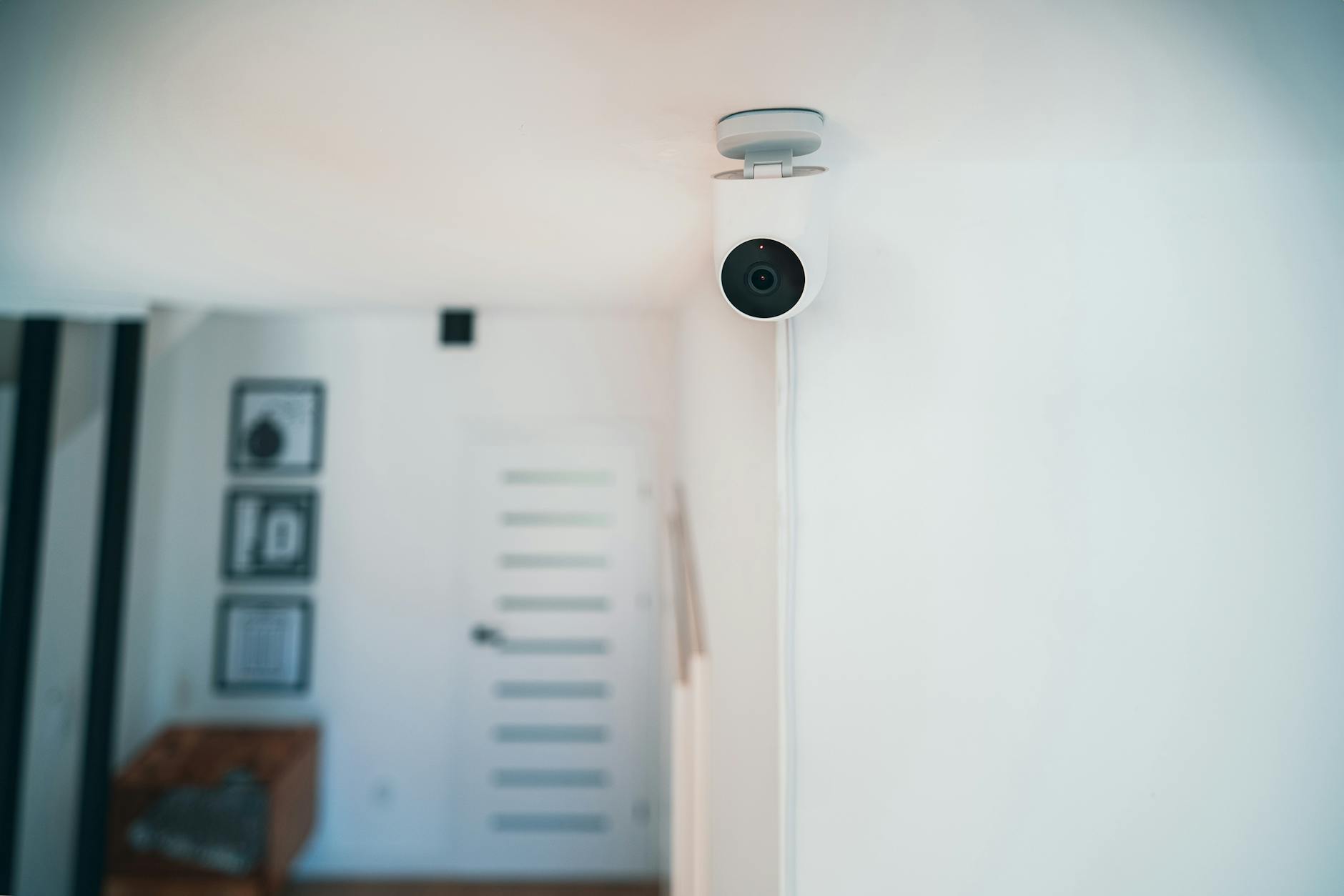The parking industry, traditionally as thrilling as watching paint dry, is getting a tech-induced facelift. Embedded payment systems, which have been enhancing customer convenience in sectors like retail and transportation, are now making it easier to park your car without the hassle of mundane tasks like wrestling with ticket machines or waiting for a parking attendant. A notable player in this shift is Metropolis, which, after acquiring SP+ Parking, has been integrating AI technology into parking facilities across the U.S., as highlighted by Payments Dive.
The appeal of this system is straightforward: drivers register their credit card once via a QR code, and an AI camera picks up their license plate on subsequent visits, automatically charging them for the duration parked. This convenience isn't just about saving a few minutes; it's an overhaul of the entire customer experience. Andrew Radlow, an industry consultant, pointed out the obvious: nobody enjoys the traditional parking process, filled with small, yet cumulatively significant inconveniences.
This shift towards embedded payments in parking isn't happening in isolation. It resembles the evolution within toll booths and echoes the cashierless models in retail environments, where systems track and charge for products customers pick up, without the need for a traditional checkout. Such trends are not merely about embracing new technology for its own sake but reflect a broader movement towards frictionless service models in various sectors, aiming to make life a tad less annoying.
However, as seamless as these systems appear, they carry potential challenges that need scrutiny. Privacy concerns are at the top of the list. With AI cameras tracking every vehicle's comings and goings, there's a significant amount of data being collected and processed. The question of how securely this data is stored and who has access to it is paramount, especially in an era where data breaches seem more rule than exception.
Moreover, technical failures could disrupt not only individual experiences but could have wider implications if, for instance, a system outage occurs during peak hours in a densely populated area. Dependence on technological reliability becomes more critical as we remove human oversight from these systems.
The future of parking looks a lot like driving into a lot, doing your business, and driving out as if you were never there - financially speaking. As companies like Metropolis drive forward with embedded payments, the key will be balancing innovation with reliability and privacy. Making parking less of a chore is undoubtedly appealing, but not at the cost of compromising personal data security or creating new dependencies. As always, the devil is in the details - or in this case, in the data.
For those interested in how this technology translates to other sectors, particularly in regulated environments, revisiting our discussion on how embedded systems are reshaping payment landscapes, available on Radom's Insights, might provide a broader perspective.



